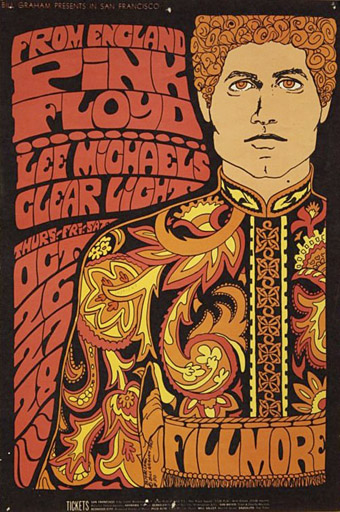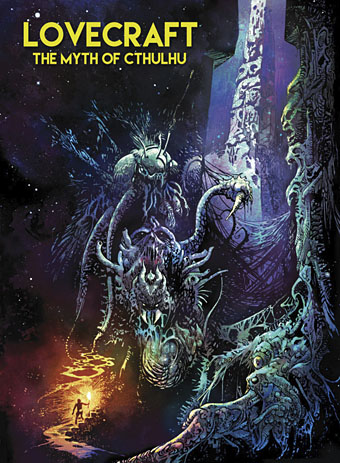An alchemical illustration from Theatrum Chemicum Britannicum (1652) by Elias Ashmole.
• “Originally the idea was to do four parallel feuilleton stories, linked at the beginning of each episode by still shots connecting with the other episodes, rather like the old serials.” Jacques Rivette mentions a familiar word during a 1974 discussion with Carlos Clarens and Edgardo Cozarinsky about Out 1 and Céline and Julie Go Boating. I watched all 775 minutes of Out 1 last year, followed by a re-viewing of Céline and Julie, so this was good to read. Elsewhere: “The dizzying Céline and Julie Go Boating is apt viewing for a chaotic present,” says Phillipa Snow.
• Away is a wordless feature-length animated film in which a boy is pursued by a lumbering monster after parachuting from a crashing aircraft. It was directed, written, edited, animated and scored by Gints Zilbalodis. Christopher Machell reviewed the film here. Watch the trailer.
• Jean Lorrain’s novel of Decadent dandyism, Monsieur Bougrelon, receives a new English translation by Brian Stableford for Side Real Press. (The Spurl translation by Eva Richter was reviewed here a few years ago.) The new edition includes illustrations by Etienne Drian (1885–1961).
• El Topo again, among other things: Mike Soto on the anti-Western genre set in America’s surreal borderlands. Cormac McCarthy is a surprising absence from Soto’s lists despite almost all of his later work being concerned with the border region.
• “Whatever their pursuits, they were extremists who created literature that wasn’t so much great as it was relentless. Even now they make passive reading impossible.” Chris R. Morgan on Swift, Sade and the art of upsetting people.
• The best batch yet? Sean Kitching talks to Gary Lucas and Eric Drew Feldman about the recording of Captain Beefheart’s Doc At The Radar Station.
• Malkovich, Malkovich, Malkovich… Photographer Sandro Miller persuaded John Malkovich to recreate 41 famous photographic portraits.
• An extract from Rated SavX in which Edwin Pouncey/Savage Pencil talks with Timothy d’Arch Smith about his artistic evolution.
• At Dennis Cooper’s: Pat O’Neill Day.
• Siavash Amini‘s favourite music.
• Get Away (1970) by Ry Cooder | Running Away (2002) by Radar | Fly Me Away (2005) by Goldfrapp





